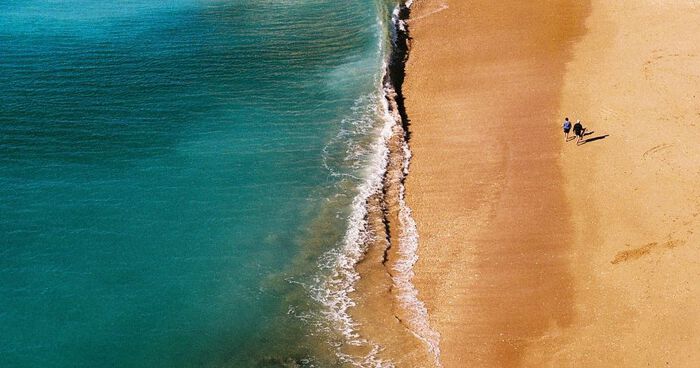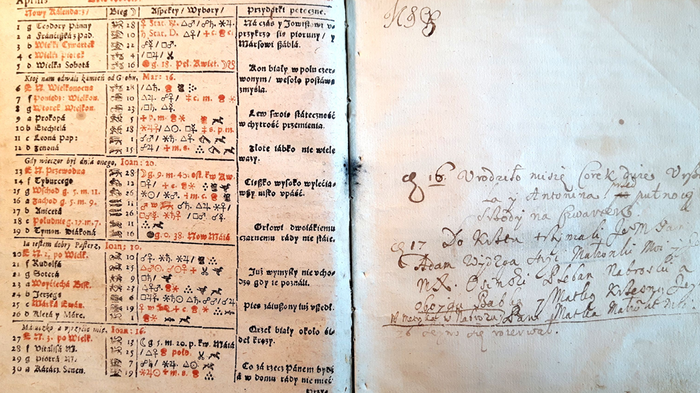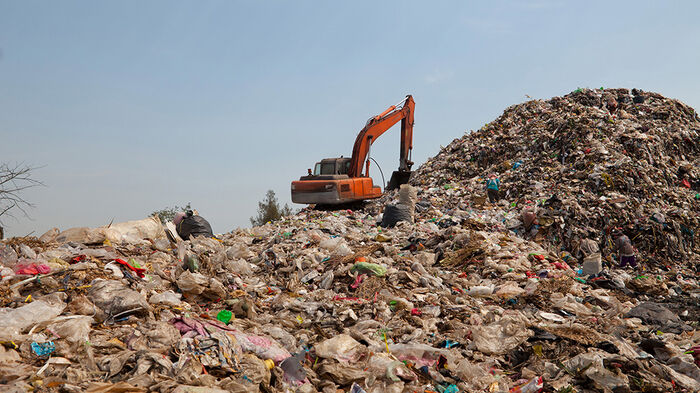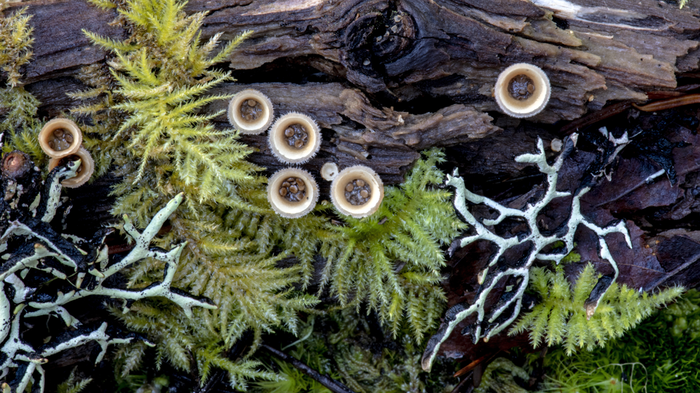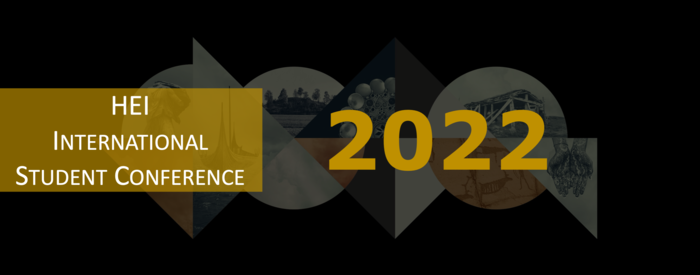Previous events - Page 4
The first Welcome to the Anthropocene lecture will be led by Dr. Hanna Guttorm, senior researcher at the University of Helsinki, who focuses on Indigenous studies and is a member of Helsinki Institute of Sustainability Sciences.
A public reading group session on the temporalities of soil care.
Welcome to HEI's heritage day 2023!
"Nuclear cattle" is a documentary about cattle farmers and their animals after the Fukushima Dai-ichi Nuclear Power Plant disaster in 2011.
Eva Hemmungs Wirtén (Linköping University) presents Fighting for Champagne: Bubbles and Intellectual Property, and Anaïs Fléchet (the University of Paris Saclay ) presents Tuned into the World. The UNESCO Collection of Traditional Music (1961-1985)
Research ethics and methods are intimately connected. The Norwegian Research School in History (NRSH) invites supervisors at our member institutions to a two-day workshop in Oslo in March 2023. Research in history shall take place in accordance with legal rules and ethical norms. This responsibility lies with the early career researcher, their supervisors and the institutions that employ them. What lies in the supervisor’s responsibility and how do we deal with ethical dilemmas when supervising master students and PhD fellows in history?
What does the digital shift mean for historians? This workshop explores some of the key methodological questions historians encounter when we start using digital tools to answer historical questions. It will also provide training in using digital source materials.
This PhD course grabs the bull by the horns and challenges participants to seriously engage with theory (ideas/principles to explain a practice or account for a situation) and method (planned procedure to pursue knowledge), and highlights the connections between them. We also discuss ethical problems in historical research. This is a 5 ECTS course.
The whale is held to have great symbolic meaning, as an environmental emblem, as food, as tourist attraction, and more. In Andenes, Vesterålen, two anthropologists, Britt Kramvig and Sadie Hale talk about their search for different kinds of whales and the particular ways that the whale-as-symbol is contested in this place.
A public reading group session on environmental care ethics.
How to write a high-quality PhD dissertation in history? In small groups, students present and discuss their own PhD writing with peers and faculty. The joint module focus on preventing, managing and, hopefully, breaking the writer's block.
In this talk, professor of cultural studies, Ben Highmore explores the role of playgrounds in equipping the young with skills to face a climate catastrophe. How should we understand the history of playgrounds? What is their relationship to their environments and the environment, and what role could they play in the current climate emergency?
Welcome to an exhibition with presentations, installations and performances by students of the Environmental Humanities and Sciences Honours Certificate!
The destruction and pollution of rivers was a precondition for early urbanisation. With this seminar we invite you to explore intersections and tensions that exist between how the historical, cultural and natural sciences approach the restoration of river landscapes.
Register here! Please register by November 28th for physical or digital attendance.
Nick Ford (Lund University) presents Lessons from Oslo - Examining social mobility after the establishment of Norway’s first university
How can quantitative methods allow historians to make sense of the ever-increasing wealth of digitalised sources, both numeric and textual? How can historians use quantitative and computational methods to gain a better overview of their source base, ask new questions, and supplement and enhance close reading?
How should we frame Geoengineering? As a technofix that demands very little in terms of societal change? As a false solution? As the only solution? As our plan B? Or, as Holly Jean Buck suggests, as a relationship: a verb.
ERC CoG 818523 Creative IPR workshop 4
Rome, Norwegian University Center, Wednesday 9-Friday 11 November 2022
In this talk, professor of design history Dr. Kjetil Fallan, explores design interventions at, and in the wake of, the United Nations Conference on the Human Environment in Stockholm 1972. What can design activism tell us about the conference's influence on future political decision-making? Or about the development of environmental thinking and ecologically informed design ideology in Scandinavia?
Christoph Kalter (University of Agder) presents Postcolonial People - The Return from Africa and the Remaking of Portugal
The notion of care is a buzzword in environmental humanities, and probably for a good reason. It is not very present, however, in historical reflection. In this talk, historian of culture Ada Arendt discusses what early modern agencies and relationships of care tell us about more than human entanglements of the early Anthropocene.
In this talk, Professor of Anthropology, Dr. Lesley Green, will draw on current Anthropocene scholarship in the environmental humanities and social sciences to suggest four approaches to strengthening trans-disciplinarity engagement between social and natural sciences.
This workshop provides an overview of how quantitative and computational methods are used by historians in order to extract patterns from both qualitative and quantitative sources. This is an online workshop.
Many of a forest's vital processes happen beneath the soil, out of sight. However, their are clues to the clandestine collaborations between fungi and plants and animals. In this walkshop, natural historian and environmental photographer Alison Pouliot, takes us deep into the forest to discover its diversity, explore ideas and rethink fungus-forest lives.
Welcome to HEI’s annual International Student Conference!
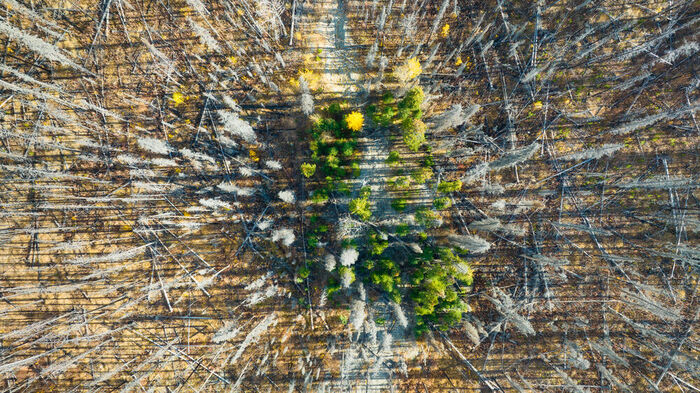
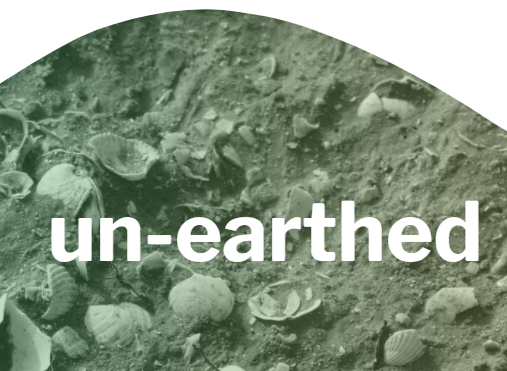
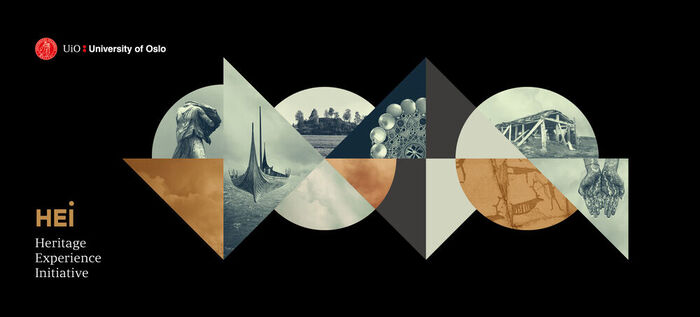
.png?alt=listing)
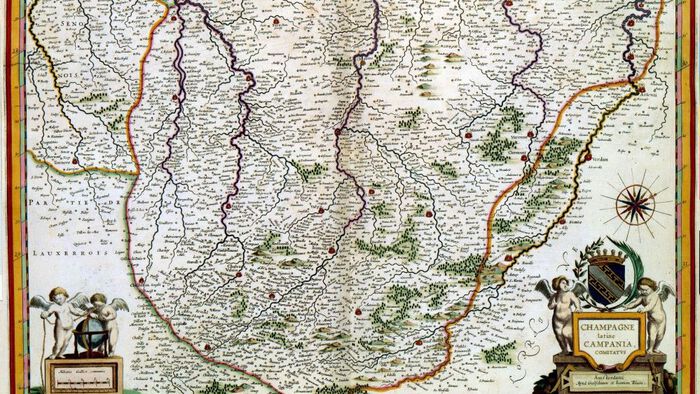
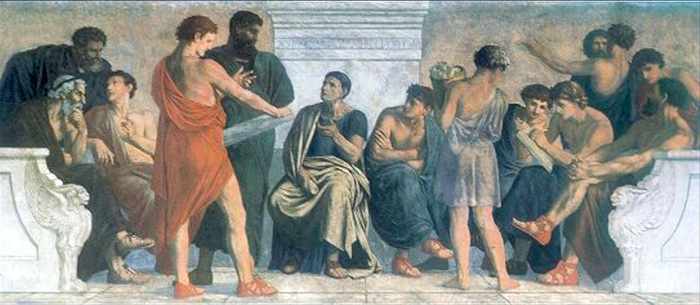


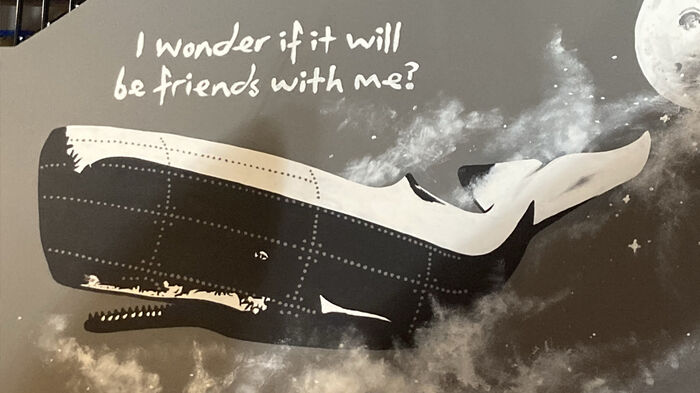
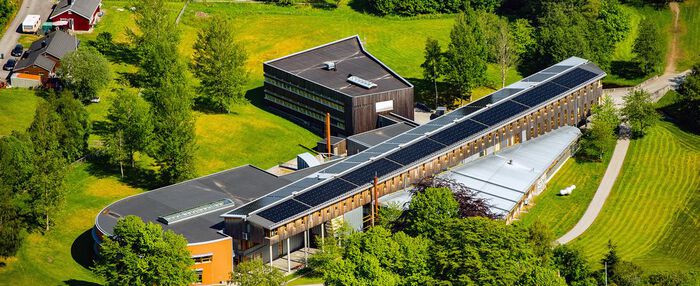
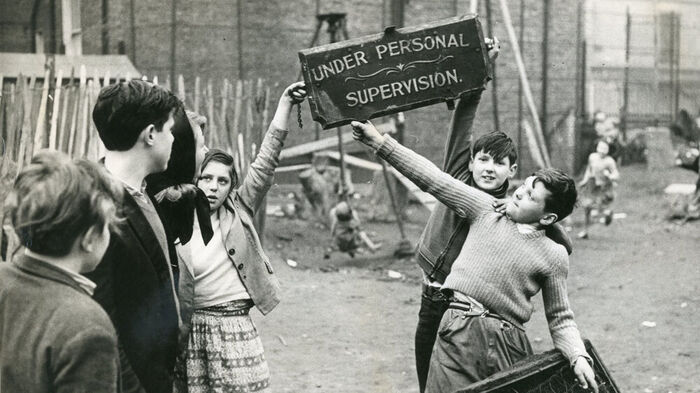
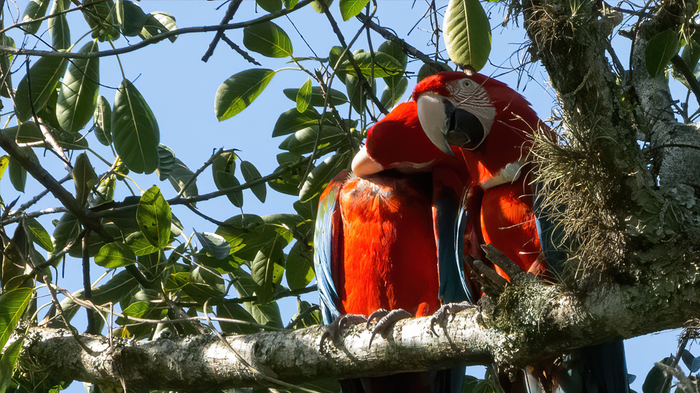
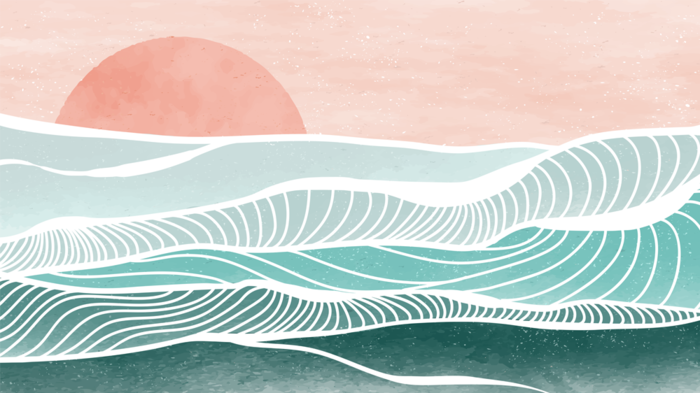
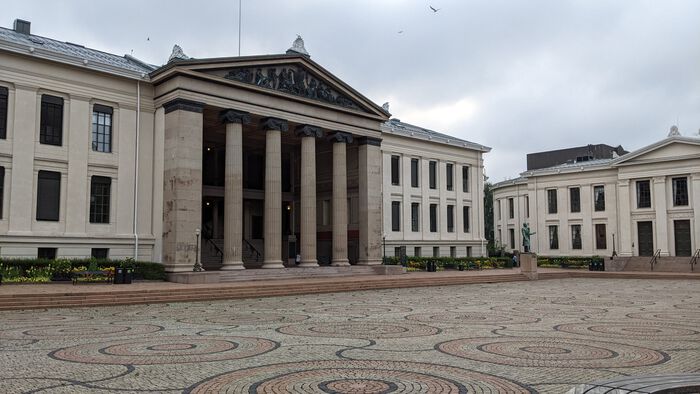


.jpg?alt=listing)
